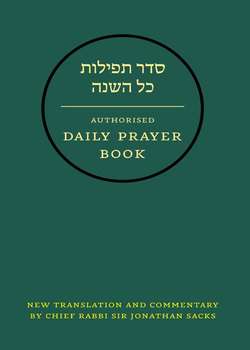Читать книгу Hebrew Daily Prayer Book - Jonathan Sacks - Страница 16
H. Midrashic Expansion
ОглавлениеMidrash is the rabbinic investigation into the meaning of holy texts: the root d-r-sh means “to explore, enquire, explain, expound”. It seeks out the inflections and innuendos of words, making explicit their implicit dimensions of meaning.
One example occurs in the Nishmat prayer on Shabbat morning (page 366). A key phrase in prayer, spoken by Moses and incorporated into the first paragraph of the Amidah, is “God, great, mighty and awesome.” (Deuteronomy 10:17). Nishmat meditates on these four words, one by one:
GOD – in Your absolute power,
Great – in the glory of Your name,
Mighty – for ever,
Awesome – in Your awe-inspiring deeds.
Another is the passage on Shab-bat morning following the phrase “who forms light and creates darkness, makes peace and creates all” (page 370). A brief prayer takes the last word, “all”, and builds around it a fivefold set of variations: “All will thank You. All will praise You. All will declare: Nothing is holy as is the LORD. All will exalt You, Selah, You who form all”.
Always look for apparent repetition in prayer – like the tenfold “Blessed” in “Blessed is He who spoke”, the sixfold “True” after the Shema, or the sixfold “All” immediately after Bar’chu on Shabbat morning. Reiteration is never mere repetition. The prayer is inviting us to meditate on the multiple layers of meaning that may exist in a single word or phrase, as if words were diamonds and we were turning them this way and that to catch their multiple refractions of light.
